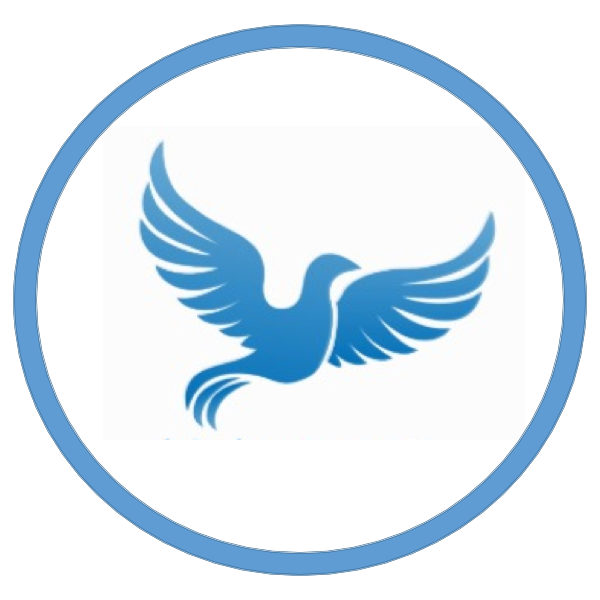Evaluating the Effectiveness of Intravenous Immunoglobulin Therapy in Autoimmune Autonomic Ganglionopathy
Description
Autoimmune autonomic ganglionopathy (AAG) is a rare disease that results in severe dysautonomia (disorder of autonomic nervous system function). Many patients are unable to carry out activities of daily living due to autonomic symptoms that do not respond well to therapy (such as drops in blood pressure while standing). The recent discovery of antibodies that cause AAG has stimulated interest in immunomodulatory therapy (therapies that modify the functioning of the immune system). Studies in which a positive clinical response to these therapies have been reported in patients with AAG using immunomodulatory therapy as a treatment.
The investigators plan to carry out a blinded, randomized trial using IVIG. There have been no reported randomized clinical trials with any immunosuppressive agent in AAG. The proposed studies, if successful, will provide the first reliable clinical evidence, that therapy with IVIG is an effective treatment of AAG.
Treatment for the symptoms of autonomic failure is only effective in mild cases. Most patients require therapy that would change the course of the disease, but at present there is no established therapeutic regimen. The natural course of untreated AAG is not known.
To address these unresolved issues, this clinical trial has the following goals:
To measure the effect of IVIG treatment on orthostatic hypotension, autonomic symptoms and quality of life scores in patient participants with AAG.
To determine the durability of IVIG (how long the treatment is effective) on orthostatic hypotension, autonomic symptoms and quality of life scores in patient participants with AAG.
Participants enrolled in the study will receive two courses of intravenous immunoglobulin or placebo separated by 3 weeks. During the First Observation Period, participants will be evaluated after 6 weeks to determine the clinical response and natural history of the disorder.
All the participants will then move to a single blinded second observation period.
All patients enrolled in the study (IVIG group and placebo group) will receive two infusions of intravenous immunoglobulin, i.e., both cohorts will receive IVIG (although participants will not know this, and physicians will not be aware if this treatment is to IVIG naïve or IVIG continued participants).




